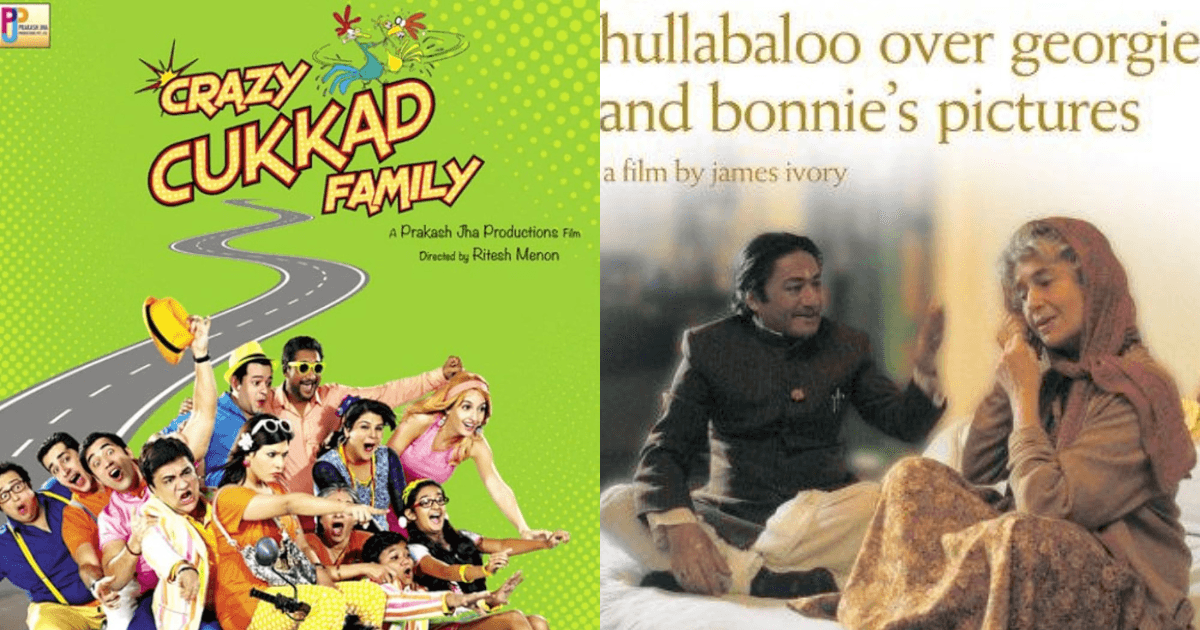Darlings has definitely picked up an important conversation. Not only does the film portray domestic abuse in all its honesty, but it also focuses on the impact. In doing so, the story doesn’t try and preach what’s right — because it’s not a black-and-white discussion. In its quirky ways, Darlings does justice in showing what it feels like to deal with trauma.
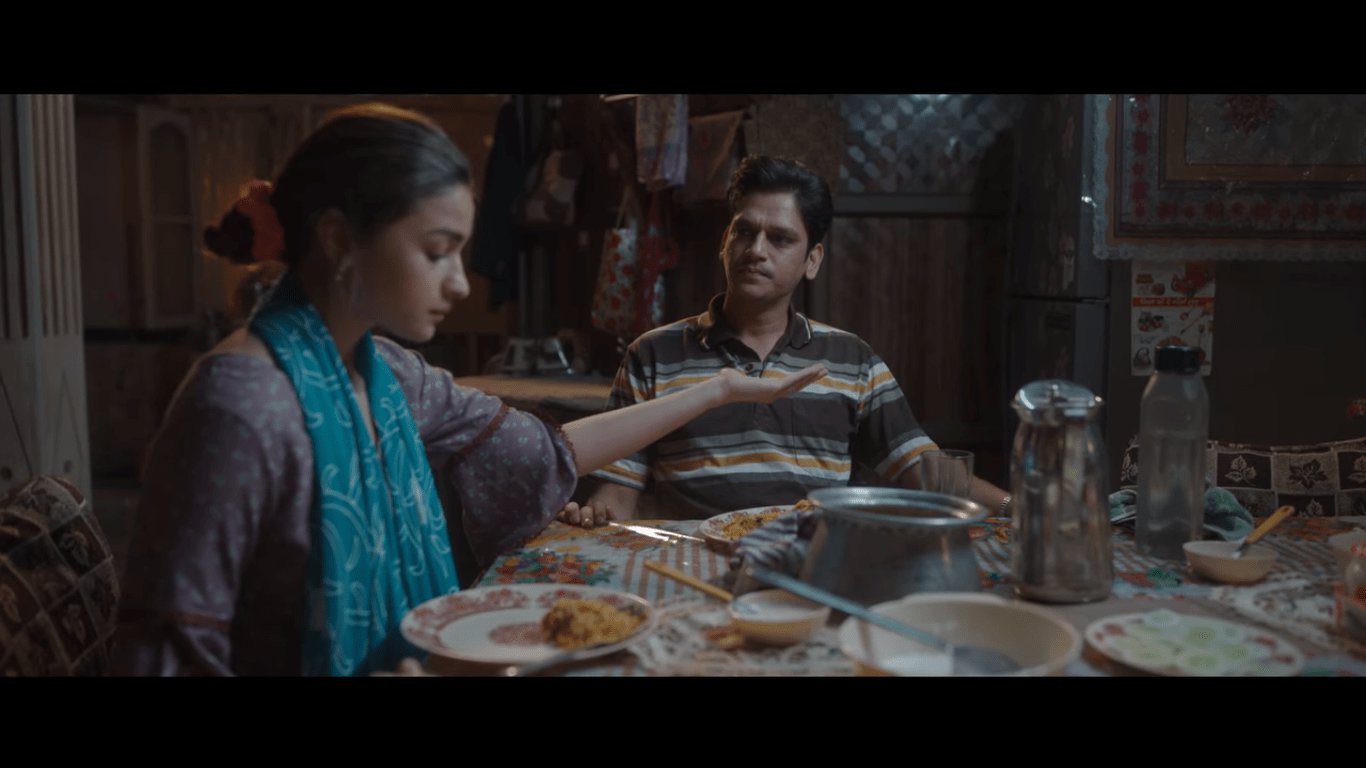
It’s unlike other stories that are sugar-coated to dodge all possibilities of things getting ugly. We can feel the terror that comes with an evil character, while also looking at him through the eyes of someone who keeps trying to stay in love with him. Darlings does it, because it managed to get something right – women telling women’s stories. When we expect a woman’s story to be told on-screen through other women, it’s not because we’re questioning someone else’s skills or talent, but only because films or stories are relatable when we know that the people telling them can empathize with them.
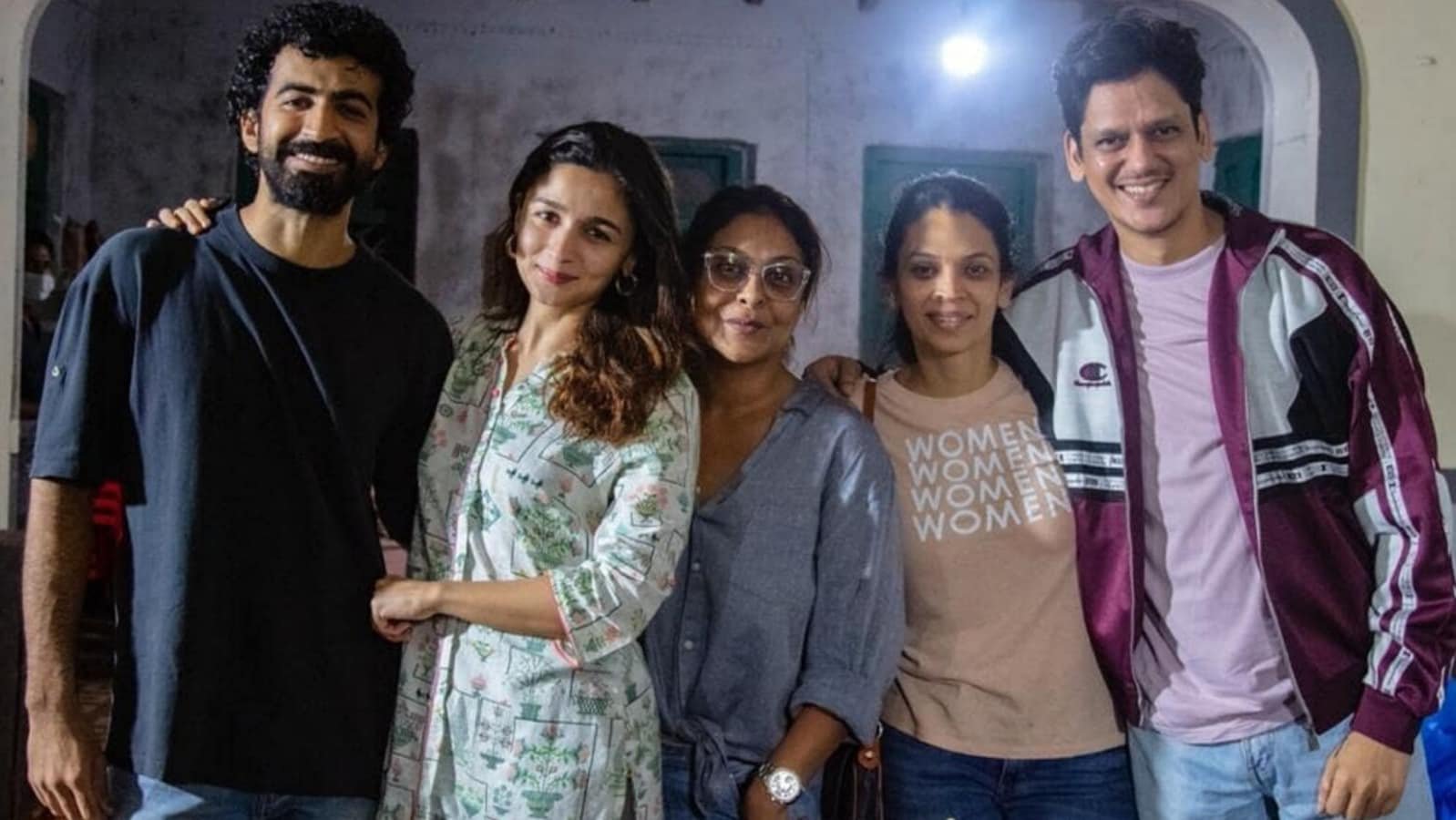
Written, directed, and produced by women, the film is female-driven in all ways. The portrayal is honest, and even relevant because it is represented by people who know what it feels like to have to ‘ask’ for things or equal treatment, for that matter. There’s Badru who keeps going back to an abusive relationship, and then there’s Shamshu who has a hard time believing men. All of this comes from different places but a common lack of power that most women feel. In Badru’s case, it is the fear of what might happen if she leaves and for Shamshu it comes from a similar-looking relationship where she was the victim.
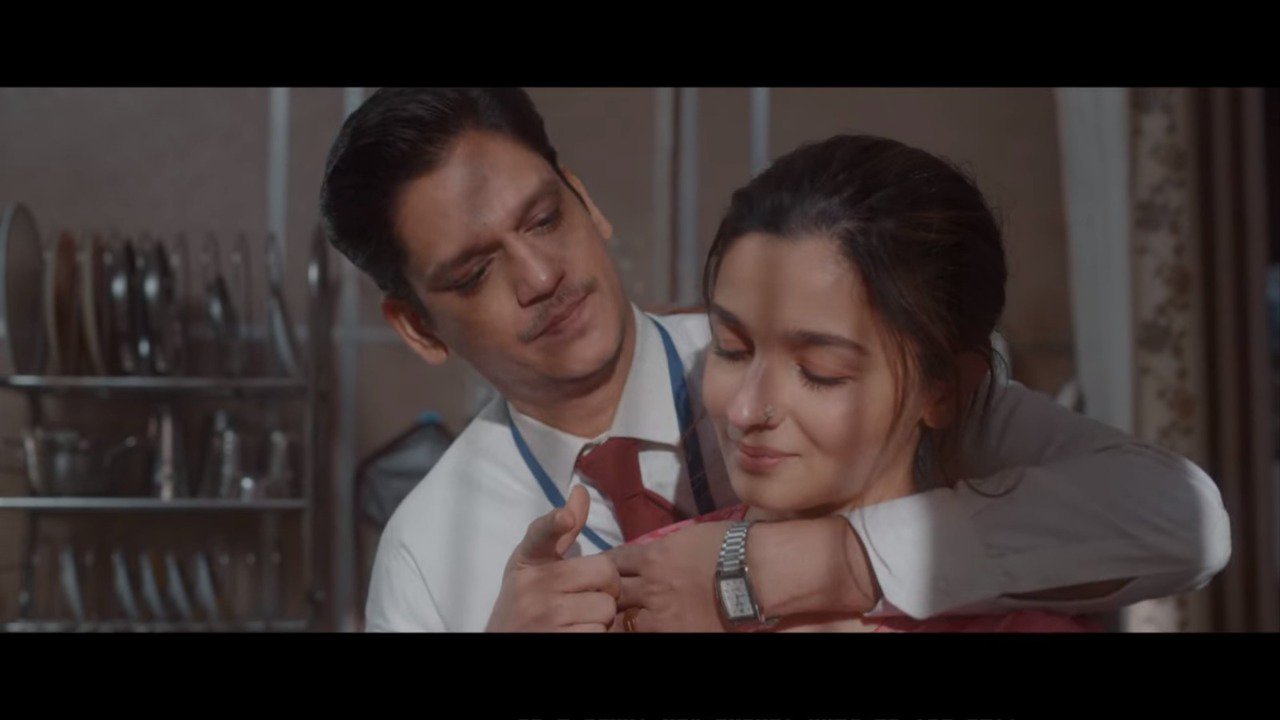
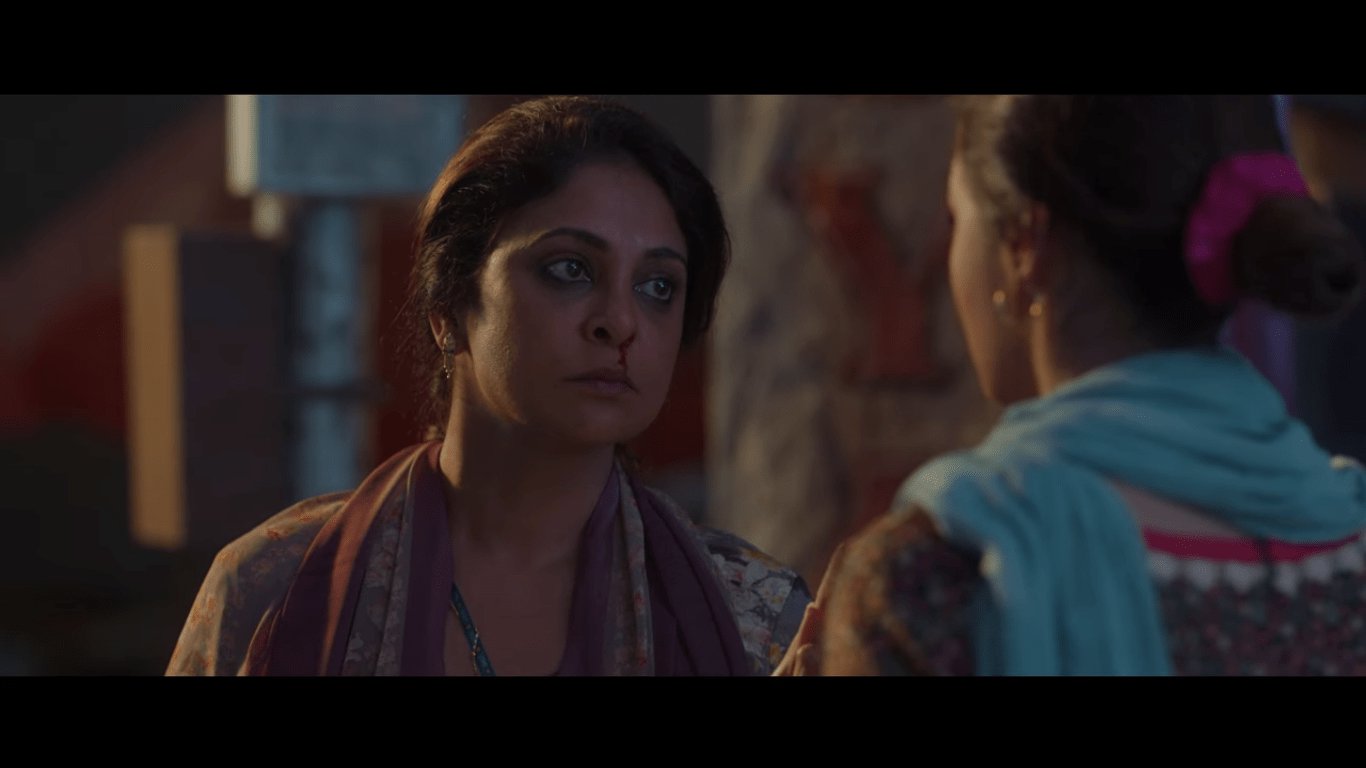
Ideally, a film would try and resolve the issues. When it comes to the worst-case scenario, it’d show the offender as a villain and the victim as a hero who’s the bigger person. But here, the resolution is grey, where women deal with a breaking point and do not ‘choose’ to suppress rage, just because it’s the ideal response. Badru’s anger is not who she actually is, but it’s a reaction, and an honest one at that.
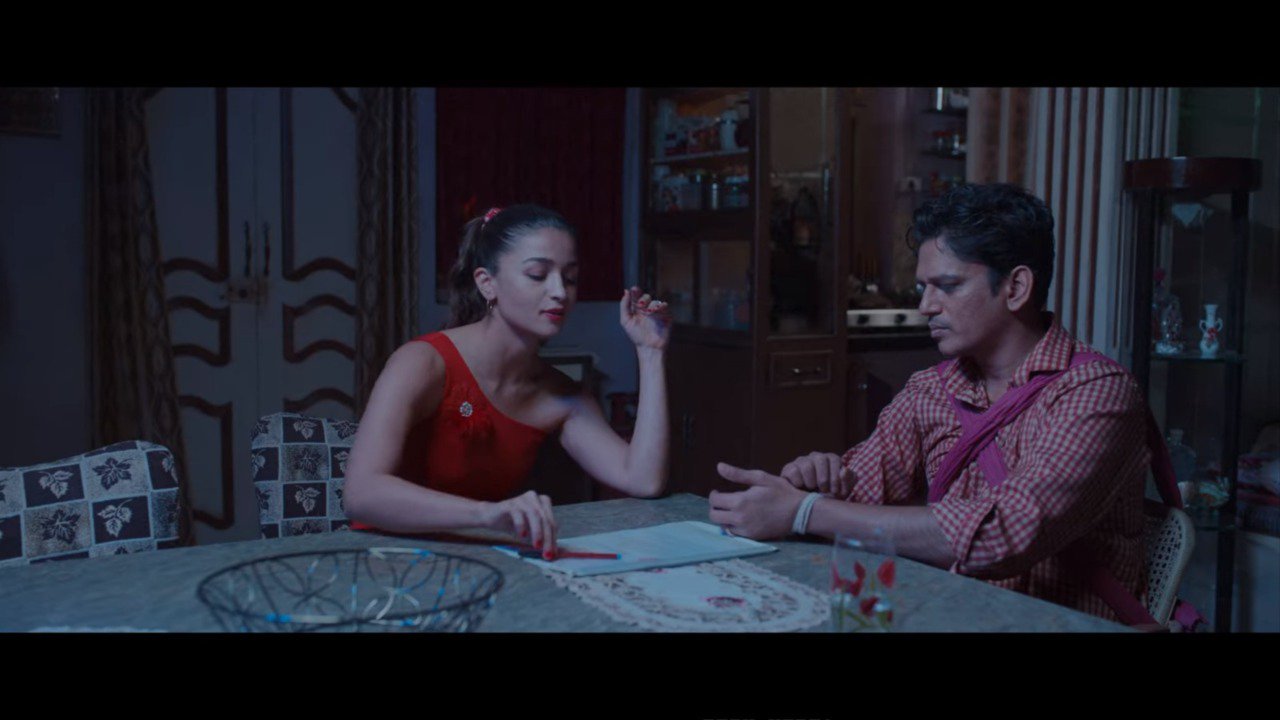
With a policeman blaming women for not fighting back or ‘letting’ men treat them badly, Darlings shows us a mirror. It doesn’t glorify victim-blaming, but tells us that it exists.
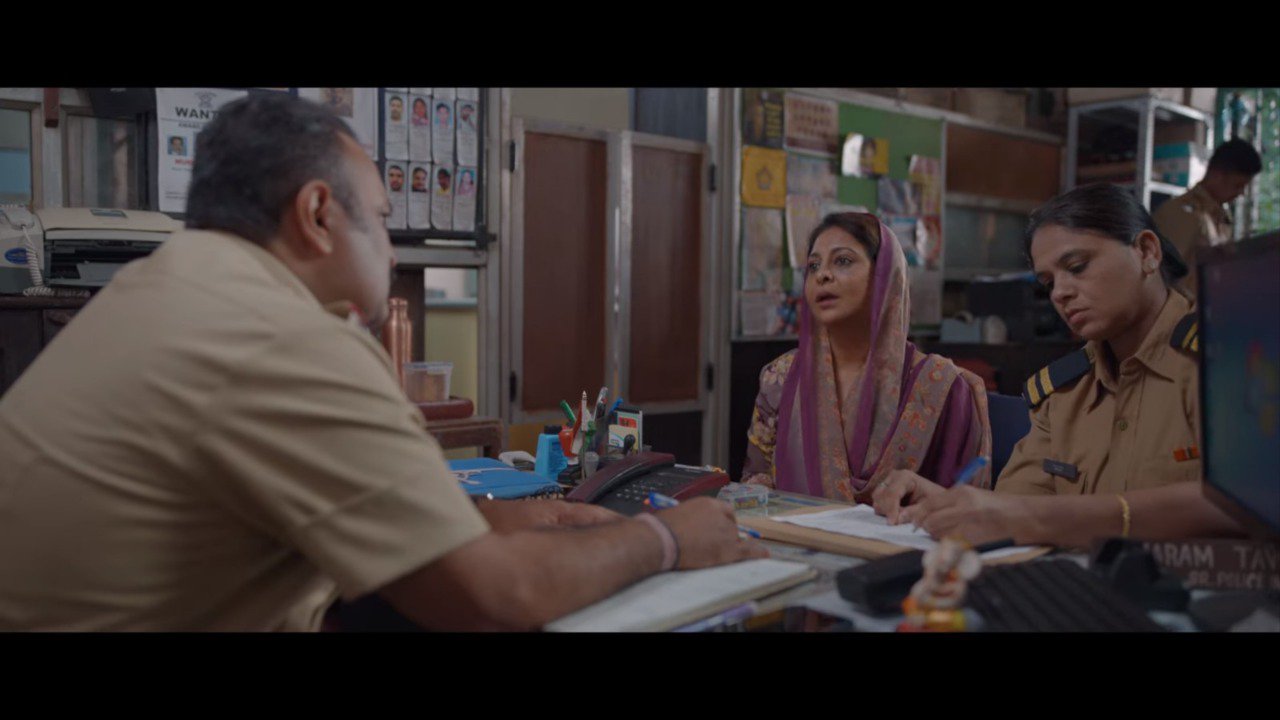
Women’s stories from a male-perspective are not questioned for how they look creatively, but solely because it’s different when you’ve to deal with something, from when you try to understand what it feels like to deal with that same thing. Films shouldn’t come from one perspective, they should be a joint effort, where characters aren’t one-dimensional. And in some cases, some voices need to be given more space because they’ve first-hand experience.
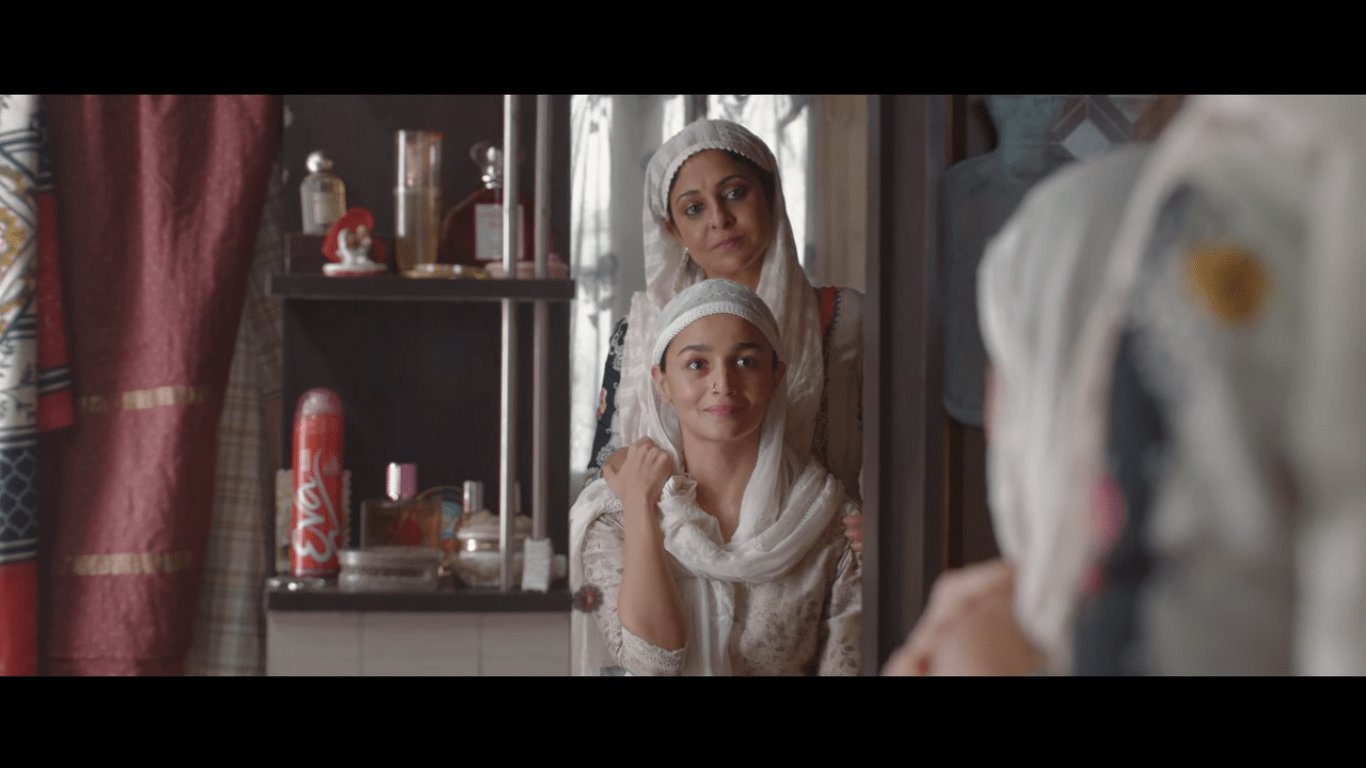
Darlings is proof that women (in all departments of filmmaking) can get us a better picture of women on-screen. The film had equally talented men who had a voice, despite not being in the spotlight. Because, it’s important to know who and what should be at the center, according to what we’re trying to deliver.




